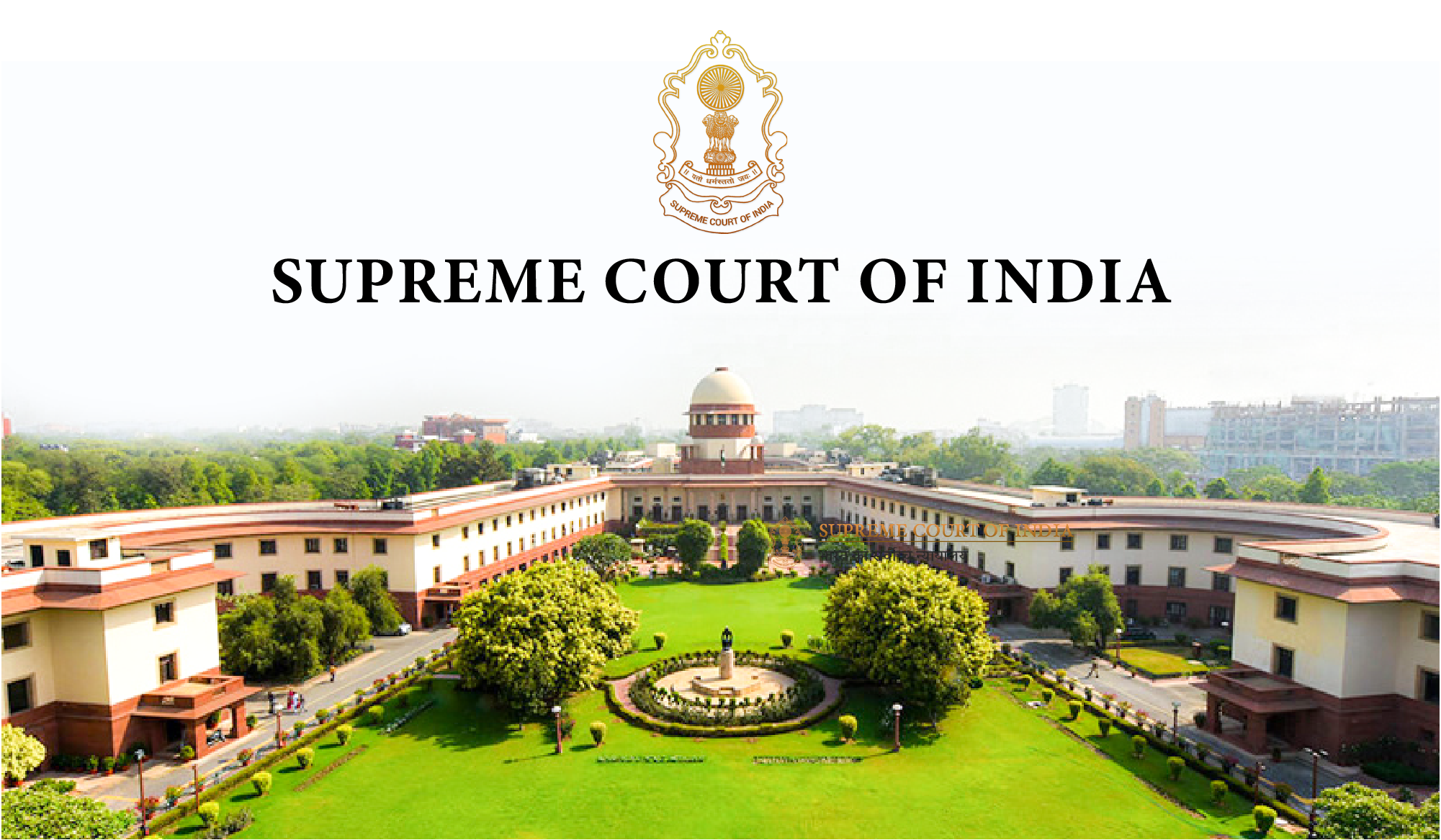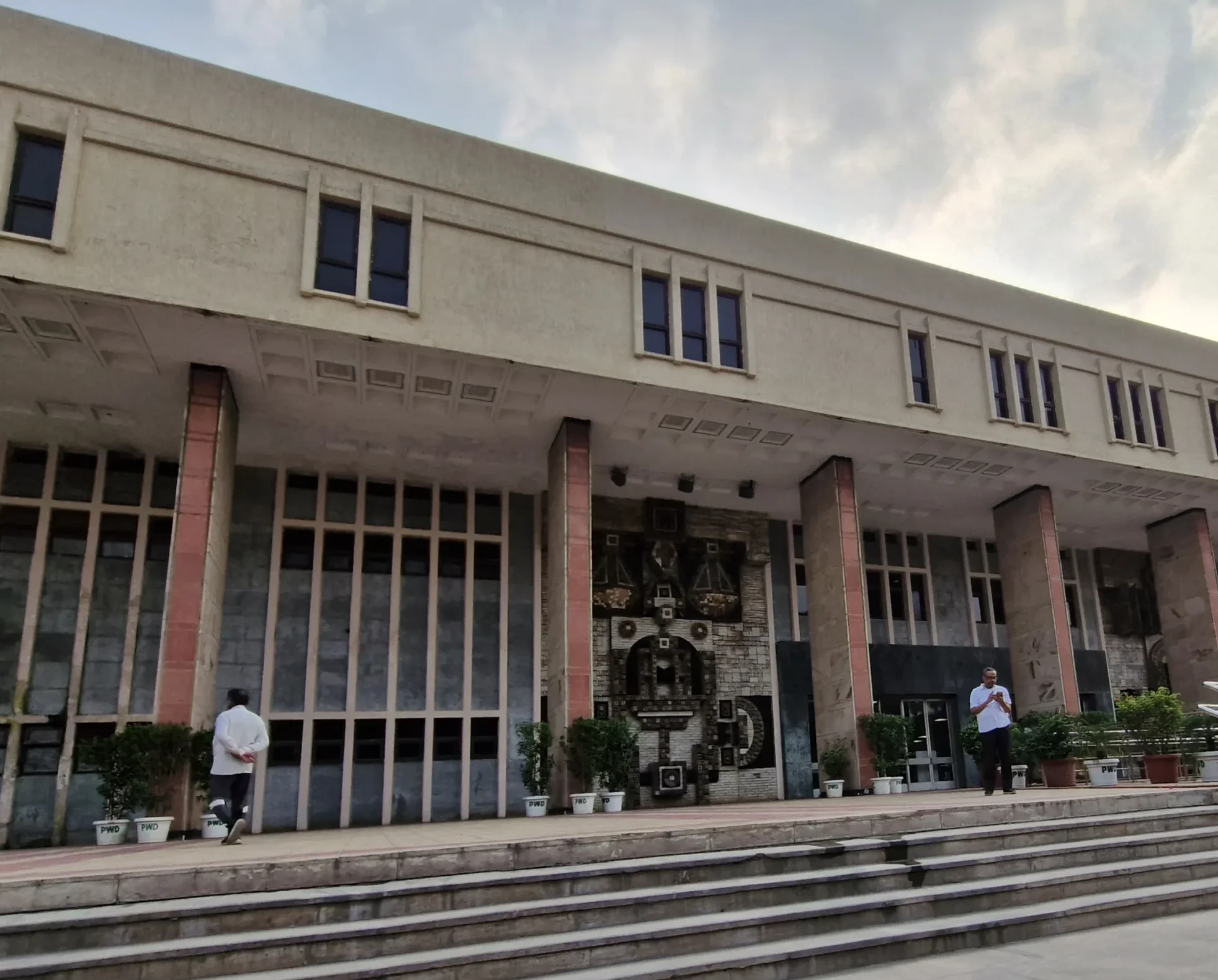
What Are Intellectual Property Rights?
Intellectual Property Rights (IPR) are legal protections granted to creators and innovators for their intellectual creations. These rights ensure that inventors, artists, and creators can control and benefit financially from their innovations. IPR encourages creativity, supports economic growth, and provides a framework for protecting intangible assets like inventions, designs, and artistic works. Common types of intellectual property include patents, trademarks, copyrights, and trade secrets.
Table of Contents
ToggleTypes of Intellectual Property Rights
1. Patents: Patents grant inventors exclusive rights to make, use, and sell an invention for a certain period. Patents encourage innovation by giving inventors the opportunity to profit from their inventions. For instance, in India, patent protection is granted for 20 years under the Patents Act of 1970.
2. Trademarks: Trademarks protect brand identity by safeguarding symbols, names, and slogans associated with goods or services. In the globalized marketplace, trademarks play a vital role in differentiating products. The Trademarks Act of 1999 governs trademark laws in India.
3. Copyrights: Copyright protection applies to creative works like literature, music, and art. It gives creators the right to control reproduction and distribution. The Copyright Act of 1957 in India provides authors with protection for their works.
4. Trade Secrets: Trade secrets cover confidential business information that gives a competitive advantage. Unlike patents, trade secrets are protected without registration but require efforts to maintain confidentiality.
Intellectual Property Rights in India
India has a robust framework for intellectual property protection, aligned with international standards under the World Intellectual Property Organization (WIPO) and the Agreement on Trade-Related Aspects of Intellectual Property Rights (TRIPS). India’s IPR regime comprises various statutes, such as:
The Geographical Indication of Good Act,1999
The Patents Act, 1970
The Trademarks Act, 1999
The Copyright Act, 1957
The Designs Act, 2000
The Indian government has also implemented the National Intellectual Property Rights Policy to promote IP awareness and streamline IP processes.
Case Laws Shaping Intellectual Property in India
Several key judgments have shaped the evolution of IPR in India:
1. Novartis AG v. Union of India (2013): The Supreme Court denied patent protection for a new version of a cancer drug, underscoring India’s focus on preventing “evergreening” of patents and protecting affordable medicine access.
2. Tata Sons Ltd. v. Manu Kishori and Ors. (2001): This case emphasized trademark protection for established brands, reaffirming the significance of maintaining brand identity in India’s commercial landscape.
3. Amar Nath Sehgal v. Union of India (2005): In this landmark case on copyright law, the Delhi High Court ruled in favor of the artist Amar Nath Sehgal, recognizing moral rights under Indian copyright law.
Global Framework for Intellectual Property Rights
Globally, intellectual property protection is governed by international treaties and organizationsinternational treaties and organizations like the World Intellectual Property Organization (WIPO) and the TRIPS Agreement. Countries are obligated to follow these international standards to ensure a harmonious global IP environment. The Paris Convention and the Berne Convention are also critical in defining international IPR standards for patents, trademarks, and copyrights.
Challenges in Enforcing Intellectual Property Rights
Despite comprehensive legal frameworks, enforcing intellectual property rights remains a challenge globally and in India. Common issues include:
Digital Piracy: With the advent of the internet, piracy of copyrighted materials has surged, making it difficult to enforce copyrights.
Counterfeiting: Fake goods bearing trademarks infringe on brand rights and erode consumer trust. India, like many other countries, faces significant challenges in combating counterfeit goods.
Patent Infringement: In the pharmaceutical industry, the infringement of patents remains a critical issue. Balancing public health with patent protections, especially for life-saving drugs, is a key challenge.
The Future of Intellectual Property Rights
As the digital economy expands, intellectual property rights will play a critical role in protecting new forms of innovation. Technologies like Artificial Intelligence (AI) and Blockchain will test traditional IP regimes and call for new legal interpretations. International cooperation, especially in emerging fields like data rights and AI-generated content, will be essential to the future landscape of intellectual property protection.
Conclusion
Intellectual Property Rights (IPR) are essential for fostering innovation and economic growth. In India and globally, IPR frameworks provide the necessary legal tools to protect creators’ and inventors’ rights. As technological advancements continue to challenge traditional boundaries, IPR laws must evolve to address these new frontiers













Leave a Reply